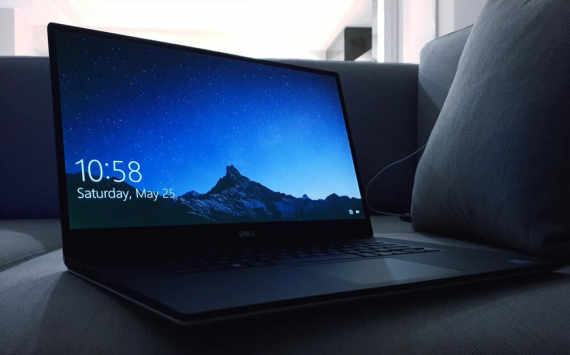
Dell and HP financials
Dell and HP's quarterly revenues and profits beat Wall Street analysts' expectations, with the companies expecting continued strong demand for personal computers during the year. However, investors are pessimistic, which was reflected in a drop in Dell and HP shares.
Shares of Dell Technologies (DELL) and HP Inc. (HPQ) fell 1 percent and 5.3 percent, respectively, after Thursday's close, despite posting stronger quarterly results than market analysts had expected.
Dell and HP, both leaders in the personal computer industry, expect continued strong demand for personal computers (PCs) during the year, given that many consumers still work and study remotely and the reopening of offices after quarantine measures could boost corporate laptop sales.
At the same time, executives at both companies warned investors that continued shortages of computer chips could affect their ability to meet demand for laptops this year.
Analysts and investors, for their part, also fear that strong PC sales in the past quarters could signal that the market has peaked.
HP report
HP's earnings per share for the second quarter of FY2021 (ended April) was $0.93, beating average analyst forecasts of $0.89. Total quarterly earnings rose 61% to $1.23 billion.
HP's revenue rose 27% to $15.88 billion, beating analysts' estimates of $15.02 billion.
Personal Systems division revenues rose 27% to $10.6 billion with total shipments up 44%: notebooks up 63% and desktops up 5%.
Printing division revenues grew 28% to $5.3 billion.
Dell report
Dell reported earnings per share growth of nearly 60% to $2.13 for the first quarter of fiscal 2022 (ended April).
Dell's revenues rose 12% to $24.5 billion.
The company's revenue growth was helped by a 20% increase in PC sales to $13.3 billion, of which consumer PC sales accounted for $3.5 billion (up 42%) and commercial PC sales (Dell's core segment) were $9.8 billion. (up 14%).
Given the record previous quarter, Dell's first quarter of the new fiscal year can be called a very successful one.
At the same time, Dell also sees the risk of a slight decline in revenues due to the potential growth of costs for purchasing chips, the supply of which is limited.






